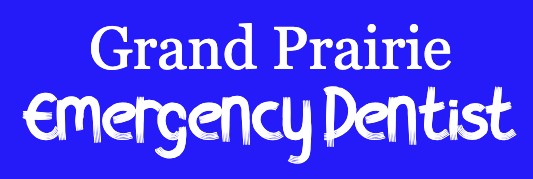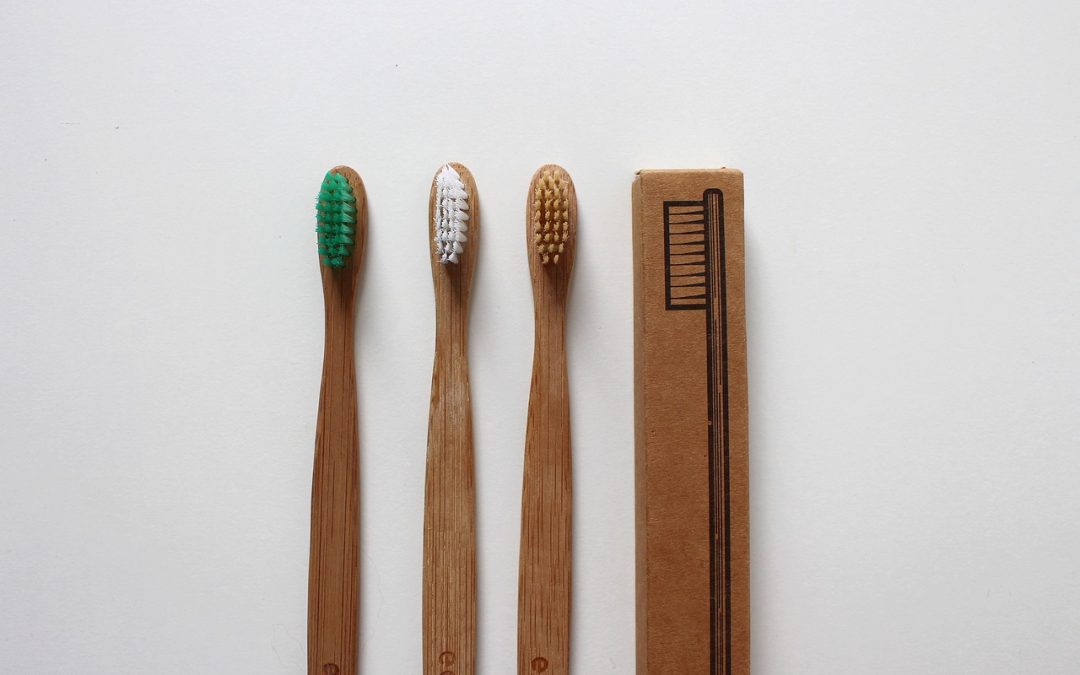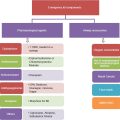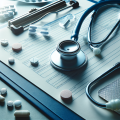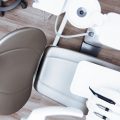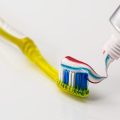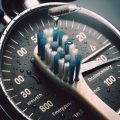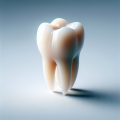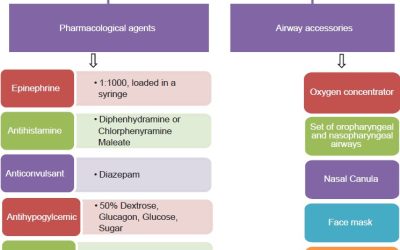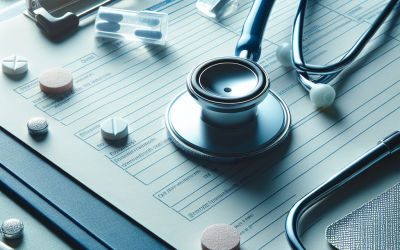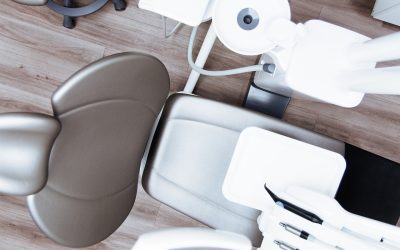So, you’ve just had emergency treatment for your oral health and now you’re wondering how to take care of it. Whether it was a sudden toothache, a broken tooth, or any other dental emergency, it’s important to know how to maintain good oral hygiene during the recovery process. After all, you want to ensure that your oral health remains in tip-top shape, right? In this article, we’ll explore some key tips and guidelines to help you properly care for your oral health following emergency treatment. Trust us, your smile will thank you!
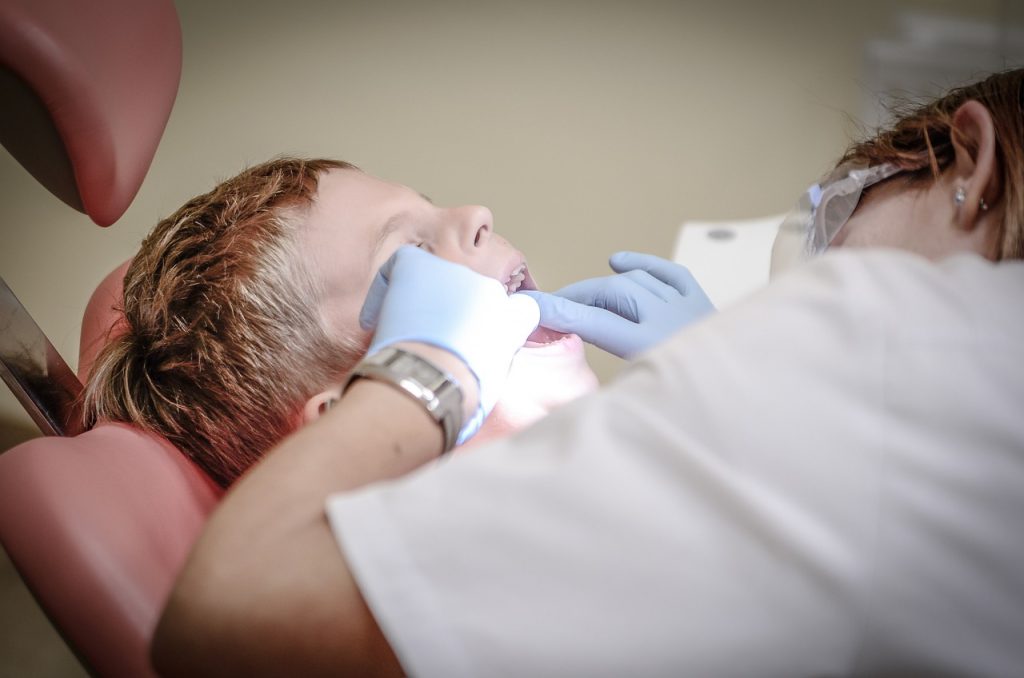
Checking the Healing Progress
Following emergency treatment, it is crucial to regularly check the healing progress of your oral health. This not only helps ensure that the treatment is working effectively but also allows you to identify any potential signs of infection. Look out for any redness, swelling, or pus around the treated area, as these are common indications of an infection. If you notice any of these signs, it is important to contact your dentist immediately for further assessment and treatment.
In addition to monitoring for signs of infection, keep a close eye on the swelling and discomfort in the treated area. It is common for there to be some degree of swelling and discomfort after emergency dental treatment, but it should gradually improve in the following days. If you find that the swelling or discomfort worsens or persists beyond a few days, it is essential to bring this to the attention of your dentist. They may need to adjust your treatment plan or prescribe additional medications to manage these symptoms effectively.
Another important aspect of checking the healing progress is assessing the wound closure. If you had a procedure that involved an incision or sutures, closely examine the wound to ensure it is healing properly. Look for any signs of separation or opening, as this may impede the healing process. If you notice any concerns with the wound closure, consult your dentist promptly for further evaluation and advice on appropriate care.
Maintaining Good Oral Hygiene
Proper and regular oral hygiene is crucial for maintaining good oral health, especially after emergency treatment. Brushing your teeth at least twice a day using a soft-bristled toothbrush and fluoride toothpaste is essential for removing plaque and minimizing the risk of tooth decay. Be gentle when brushing around the treated area to avoid irritation and ensure that you clean all surfaces thoroughly.
In addition to brushing, flossing properly is equally important in maintaining oral hygiene. Use dental floss or interdental brushes to clean between your teeth and around the treated area. This helps remove any food particles or plaque that brushing alone may not reach. Gently glide the floss or interdental brush along the sides of the teeth and into the gum line, taking care not to apply excessive pressure to avoid any damage to the treated area.
Using an antibacterial mouthwash can also be beneficial in maintaining good oral hygiene. Mouthwash helps kill bacteria and reduce the risk of infection, especially in the areas that may be more difficult to reach with brushing and flossing alone. Rinse your mouth with the prescribed mouthwash or an over-the-counter antibacterial mouthwash after brushing and flossing. Swish the mouthwash around your mouth for the recommended time before spitting it out.
Eating and Drinking Recommendations
Following emergency treatment, it is essential to make mindful choices about what you eat and drink to promote healing and minimize discomfort. Opt for soft foods that require minimal chewing to prevent any additional strain on the treated area. Foods such as mashed potatoes, yogurt, scrambled eggs, and soups with soft vegetables are great options during this time. Avoid hard or crunchy foods, as they can potentially disturb the healing process or cause discomfort.
Moreover, it is crucial to avoid consuming extremely hot or cold foods and beverages. Extreme temperatures can increase sensitivity and cause discomfort, especially if the treated area is still healing. Instead, opt for foods and drinks at room temperature to minimize any potential discomfort. It is also advisable to refrain from consuming acidic or sugary foods and beverages as they can increase the risk of tooth decay and hinder the healing process.
Make sure to stay hydrated during the healing process by drinking plenty of water. Water helps flush out toxins, keeps your mouth moist, and aids in overall oral health. Avoid sugary and carbonated drinks as they can be detrimental to your oral health and delay the healing of the treated area.
Managing Pain and Discomfort
It is common to experience pain and discomfort following emergency dental treatment. To manage these symptoms effectively, it is important to follow your dentist’s prescribed medication. Take the prescribed pain medications as directed, and if you are unsure or have any concerns, consult with your dentist for clarification.
Applying ice packs to the affected area can also help reduce pain and swelling. Wrap an ice pack in a thin cloth and apply it to the external area of your mouth or cheek near the treated site. Do not place the ice pack directly onto the skin, as it may cause ice burn. Apply the ice pack for 10-15 minutes at a time, with breaks in between, and repeat as needed. This cold therapy can provide temporary relief from pain and help minimize swelling.
Using a saltwater rinse can also help alleviate pain and promote healing. Mix a teaspoon of salt with warm water and gently rinse your mouth with the solution. The saltwater rinse helps reduce inflammation, soothes the tissues, and creates an environment conducive to healing. Repeat this process a few times a day, especially after eating, to aid in the healing process and manage any discomfort.
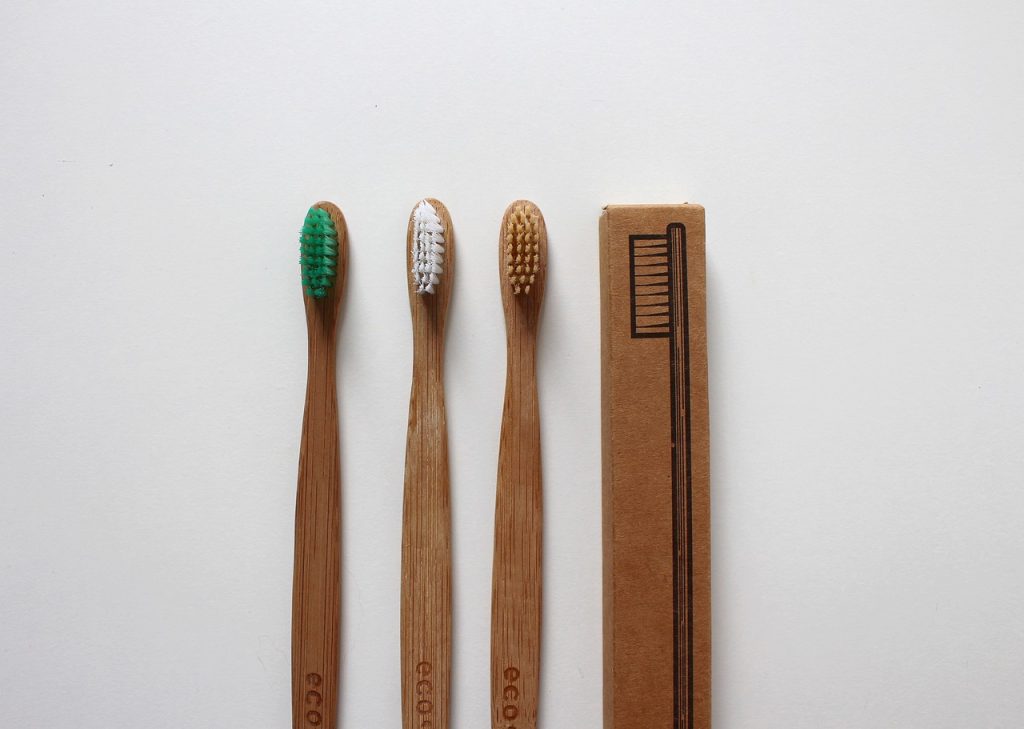
Managing Bleeding and Bruising
After emergency dental treatment, it is not uncommon to experience some degree of bleeding or bruising in the treated area. If you notice bleeding, apply gentle pressure to the area using a clean gauze pad or a clean piece of cloth. Maintain the pressure for at least 15 minutes or until the bleeding stops. Avoid excessive spitting or rinsing, as it can disrupt the blood clot formation and prolong the bleeding. If the bleeding persists or worsens, contact your dentist for further guidance.
It is important to refrain from using mouth rinse immediately after the treatment, as it can dislodge the blood clot and prolong bleeding. It is advisable to avoid using mouthwash for the first 24 hours after the procedure or as directed by your dentist. Instead, continue with the saltwater rinse mentioned earlier to maintain oral hygiene without interfering with the healing process.
To help reduce swelling and bruising, you can also apply a cold compress to the external area of your mouth or cheek near the treated site. Wrap a bag of frozen peas or a cold pack in a cloth and gently apply it to the affected area. Cold therapy can help constrict blood vessels, reduce swelling, and minimize bruising. Apply the cold compress for 10-15 minutes at a time, with breaks in between, and repeat as needed.
Attending Follow-up Appointments
After emergency dental treatment, it is essential to schedule a follow-up appointment with your dentist. This appointment allows your dentist to assess the healing progress, address any concerns or complications, and make any necessary adjustments to your treatment plan.
During the follow-up appointment, your dentist will thoroughly examine the treated area to ensure it is healing properly. They may take X-rays or perform additional tests to assess the progress from a comprehensive perspective. They will also have the opportunity to discuss any specific concerns or questions you may have and provide you with the necessary guidance and recommendations.
It is important to communicate openly with your dentist during the follow-up appointment. Any symptoms, pain, or discomfort you may be experiencing should be discussed with your dentist. They can provide you with further insights into managing these symptoms and offer suggestions for better oral care during the healing process. It is also an opportunity for you to share any observations or concerns you have noticed since the emergency treatment.
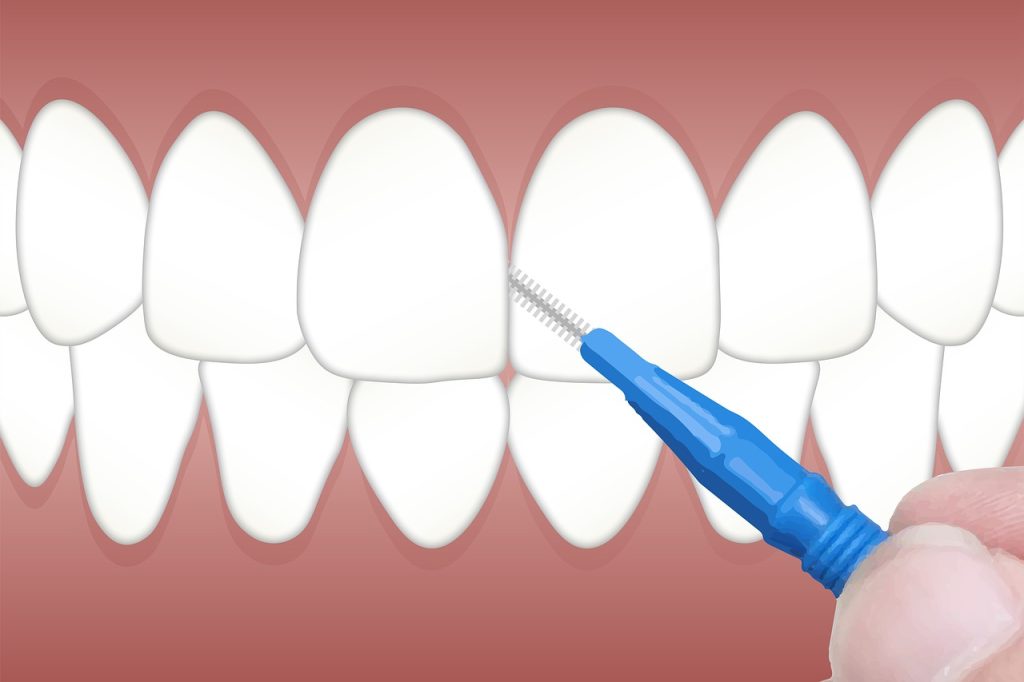
Remaining Cautious with Activities
Following emergency dental treatment, it is crucial to remain cautious with your activities to ensure proper healing and minimize the risk of complications. Avoid engaging in strenuous exertion or physical activities that may put unnecessary pressure on the treated area. Activities such as heavy lifting, intense exercise, or contact sports should be avoided for a period of time, as directed by your dentist. Straining your mouth during physical activities can potentially disrupt the healing process and lead to complications.
Limiting alcohol consumption during the healing process is also advisable. Alcohol can delay the healing process, increase the risk of bleeding, and interfere with any prescribed medications you may be taking. It is best to abstain from drinking alcohol for the duration of your recovery or follow any guidelines provided by your dentist.
If you smoke, it is strongly recommended to quit smoking during the healing process. Smoking negatively impacts oral health and delays the healing of oral tissues. It can increase the risk of infection, compromise blood flow, and negatively affect the overall success of the emergency treatment. Talk to your dentist about resources or strategies to help you quit smoking and improve your oral and overall health.
Protecting the Wound Area
To promote healing and minimize the risk of infection, it is crucial to avoid touching the wound area with your fingers or tongue. Touching the wound can introduce bacteria and potentially interfere with the healing process. It is important to keep your hands and tongue away from the treated area and only touch it when necessary for oral hygiene purposes.
Using protective covers, such as a gauze pad or dental wax, can also help protect the wound area from irritation or accidental contact. Your dentist may provide you with specific instructions on how to cover the wound area if necessary. Following these instructions and using the recommended protective covers can prevent unwanted contact and enhance the healing process.
Keeping the area clean is equally important in protecting the wound area. Gently rinse your mouth with the prescribed mouthwash or the saltwater rinse previously mentioned after each meal or snack to maintain oral hygiene. Avoid any rigorous rinsing or vigorous brushing around the treated area, as it may cause irritation or disrupt the healing process. It is crucial to strike a balance between keeping the area clean and not causing unnecessary irritation.
Communicating with Your Dentist
During the healing process following emergency treatment, it is vital to maintain open communication with your dentist. If you experience any complications or notice any concerning changes, it is important to report them to your dentist promptly. Changes can include persistent pain, significant swelling, ongoing bleeding, or any other symptoms that you find worrisome. Early detection and intervention can prevent potential complications and ensure timely treatment.
Do not hesitate to seek clarifications from your dentist if you have any questions or concerns regarding your oral health or the recommended post-treatment care. Your dentist is there to provide guidance, address any uncertainties, and offer reassurance during your recovery. They can provide you with the necessary information and explanations to help you understand your healing process better.
If you require additional help or support during the recovery period, do not hesitate to reach out to your dentist and request assistance. They can provide you with recommendations on over-the-counter products, home remedies, or any additional care strategies that may benefit your specific situation. Your dentist is your partner in oral health, and their expertise and guidance are invaluable resources throughout your recovery.
Promoting Overall Oral Health
In addition to post-treatment care, it is essential to focus on promoting overall oral health. This includes maintaining routine dental check-ups and cleanings, adopting healthy eating habits, and avoiding harmful oral habits.
Regular dental check-ups and cleanings are crucial for preventing and detecting any potential oral health issues before they escalate. It is important to schedule and attend routine dental visits as recommended by your dentist. During these visits, your dentist can assess the overall health of your mouth, including the treated area, and provide you with appropriate preventive or maintenance care.
Adopting healthy eating habits can significantly impact your oral health. Consume a well-balanced diet rich in fruits, vegetables, lean proteins, and whole grains. Limit your intake of sugary and acidic foods, as they contribute to tooth decay and other oral health problems. Opt for nutritious snacks and beverages, and remember to brush and floss routinely after consuming any sugary or acidic food or drink.
Avoiding harmful oral habits is equally important in promoting overall oral health. Habits such as teeth grinding, nail biting, or using your teeth as tools can damage your teeth and potentially compromise the success of emergency treatment. Be mindful of these habits and make a conscious effort to avoid them to preserve the integrity of your oral health.
By following these recommendations for post-emergency treatment care and prioritizing overall oral health, you can ensure a successful recovery and maintain a healthy smile for years to come. Remember to consult with your dentist for personalized advice and guidance based on your specific dental needs and treatment.
